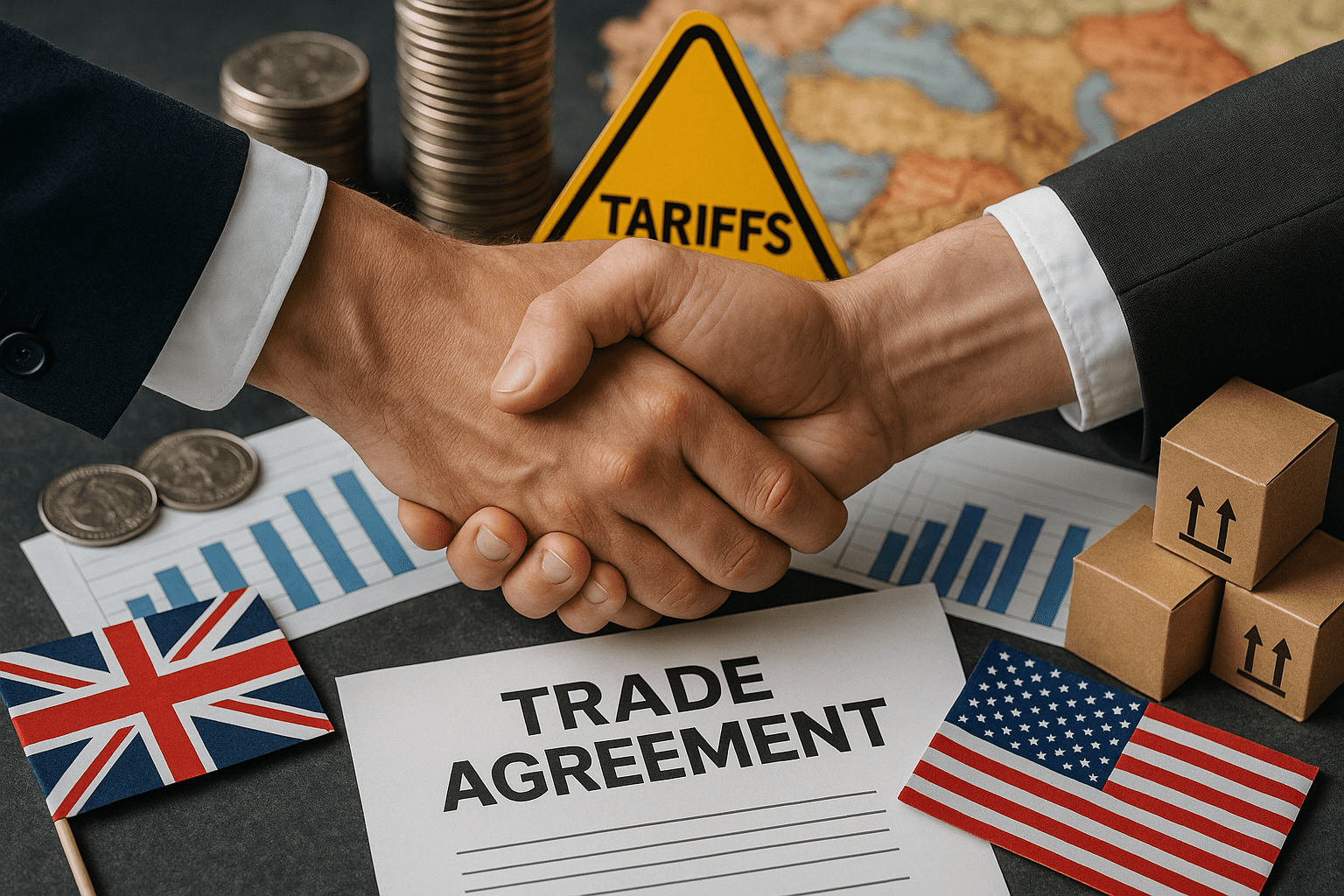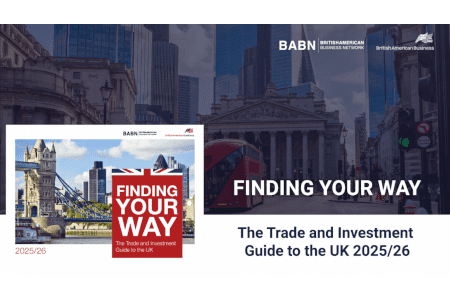Exports are defined as goods and services that are produced in one country and purchased in another. On the other hand, re-export refers to the shipment or transmission of a particular imported item to a different country. The US is one of the largest re-export markets in the world, with an estimated size of $200 billion. Examples of items that are commonly re-exported include fisheries, apparel, and technology products. However, traders are often unaware of the regulations that govern the re-export process. One such regulation pertains to the extra territorial jurisdiction of the US authorities. This implies that the US government has the ability to exercise authority beyond its boundaries in some cases. This article will help in developing a better understanding of the re-export controls that govern the re-shipment of US goods in the UK and European market.
Firstly, traders need to understand the importance of re-export controls. If a trader is unsure about the origin of a product, this could result in the export being deemed as illegal. It is worth noting that all companies that are physically located out of the US are covered by the country’s re-export regulations. Any case of non-compliance can result in hefty penalties for the traders. In extreme cases, non-compliance can also be punished by a ban. Therefore, it is extremely important for traders to comply with these regulations.
Secondly, traders need to establish whether the item that they are trading is covered under the Export Administration Regulations (EAR). There are three main characteristics of products that can help traders in ensuring EAR compliance. Firstly, re-export goods are subject to the EAR if they are of US origin. Secondly, the goods are exempt if they are controlled by another US government agency or if they are categorised as publicly-available technology. Thirdly, traders need to assess the degree of US-controlled materials in their items. If the US-controlled materials account for less than 25% of an item, then it is exempt from EAR. In the case of sanctioned countries like North Korea and Iran, the threshold is 10%. These exemptions are categorised under the de minimis rule. This rule implies that the goods are not subject to the EAR. Further, in the case of defense-related products, the governing regulations are known as International Traffic in Arms Regulations (ITAR). ITAR guidelines require traders to register with the Office of Defense Trade Controls.


The next step in the process is to obtain the pre-requisite licenses. These include the regular export licenses and the licenses covered under the extra territorial jurisdiction of the US government. The US government issues an export control license, which is a mechanism used to trace transfers of export-controlled technologies. Additionally, another type of license is the re-export license. There are three kinds of exporters who can apply for a re-export license. Traders need to either be classified as a foreign principal party, a US agent of such a party, or an original exporter working on behalf of the foreign party. In order to apply for the license, traders need to visit the Simplified Network Application Process Redesign (SNAP-R) website. All applications require a Company Identification Number (CIN) and the detailed information related to the trade.
Traders also need to be aware of the regulations from a European point of view. For instance, German authorities conduct checks on the goods that are imported into the country. Similarly, all products arriving into the EU must be declared to the respective customs department. This helps the customs to supervise the entry and ensure that the process is smooth. The set of regulations that govern products entering into the EU are known as TARIC (Tarif Intégré de la Communauté). The TARIC can be searched according to the country to which the goods are being re-exported. The biggest benefit of TARIC is that the regulations are updated online on a real-time basis. This helps traders in keeping up with the latest changes in the laws.
Thus, it is evident that re-exporters of US goods need to be aware of EAR compliance and re-export controls. In order to simplify the entire process, traders can avail the services of trade management solution providers such as OCR. We provide solutions related to export control license, permit management, and trade compliance. You can find further information about the company and its offerings here. Please contact us to find out more about how we can help you with your due diligence process.
https://www2.ocr-inc.com/uk
Thus, it is evident that re-exporters of US goods need to be aware of EAR compliance and re-export controls. In order to simplify the entire process, traders can avail the services of trade management solution providers such as OCR. We provide solutions related to export control license, permit management, and trade compliance. You can find further information about the company and its offerings here. Please contact us to find out more about how we can help you with your due diligence process.
https://www2.ocr-inc.com/uk





